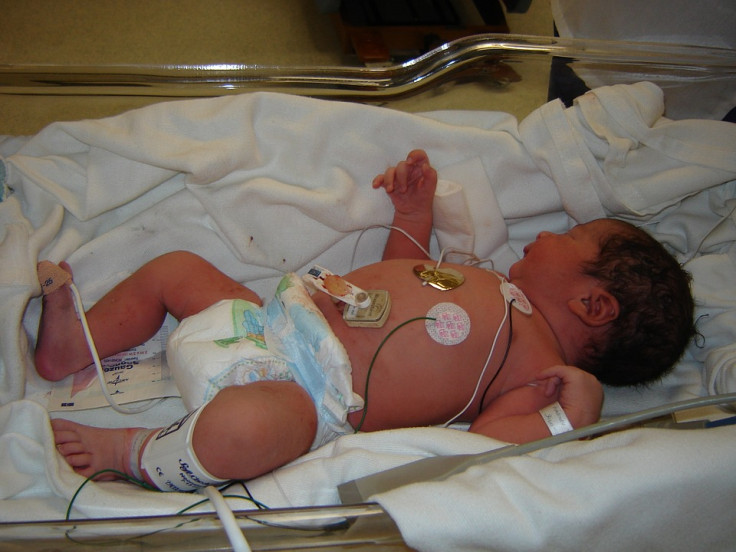Bullying at the NHS: MPs receive complaints of bullying, poor training at NHS maternity
NHS midwives face the spectre of having to pay for their training out of their own pockets due to a lack of funding.
Bullying may be a "common" occurrence in the school setting but for it to occur over at the NHS, particularly in the maternity section, is something to pay attention to.
MPs have been told that midwives and doctors who are working in the maternity units face a higher risk of being bullied as compared to other areas of the NHS.
The General Medical Council noted that trainee doctors report more than twice the level of bullying versus other NHS units. The Nursing and Midwifery Council also gave a similar report.
MPs on the Commons health select committee, during an evidence session, learned that midwives were forced to pay for their training from their very own pockets due to a lack of funding. They also learned during the investigation that a number of trainees are afraid to speak out despite having experienced some form of bullying.
The inquiry into the scenario was launched in 2020 when maternity scandals exploded, bringing two entities into the limelight. These include the East Kent Hospitals University Trust and the Shrewsbury and Telford Hospitals Trust.
Charlie Massey, General Medical Council's chief executive said that they have seen "troubling" data around bullying. The rate is doubled in obstetrics and gynaecology compared to other areas of medicinal practice.
The Nursing and Midwifery Council's chief executive, Andrea Sutcliffe said in the Independent's report that they have also seen that student midwives were more likely to experience bullying or witness such behaviours. She also added that there are nurses and midwives who are afraid to speak up in the event that they commit a mistake because of the fear that it could get them into trouble.
Sutcliffe also highlighted how blame culture is very harmful since it makes people feel that they are not able to speak up. Hence, they do no learn from things that go wrong.
An article in Nursing Standard also noted that MPs have been told that performance targets that are forced on healthcare professionals must be reduced because the staff is being bullied into working harder.
Jo Mountfield, the Royal College of Obstetricians and Gynaecologists vice president for workforce and professionalism, said that they have a significant shortfall in the number of physicians that they need to run the service safely.
With mounting pressure to improve maternity services training, an announcement from the government was made on training budgets. There will be £9m for initial work on monitoring fetal heart rates and another £500,000 would be for leadership training to assist senior midwives in tackling poor cultures.
© Copyright IBTimes 2025. All rights reserved.




















